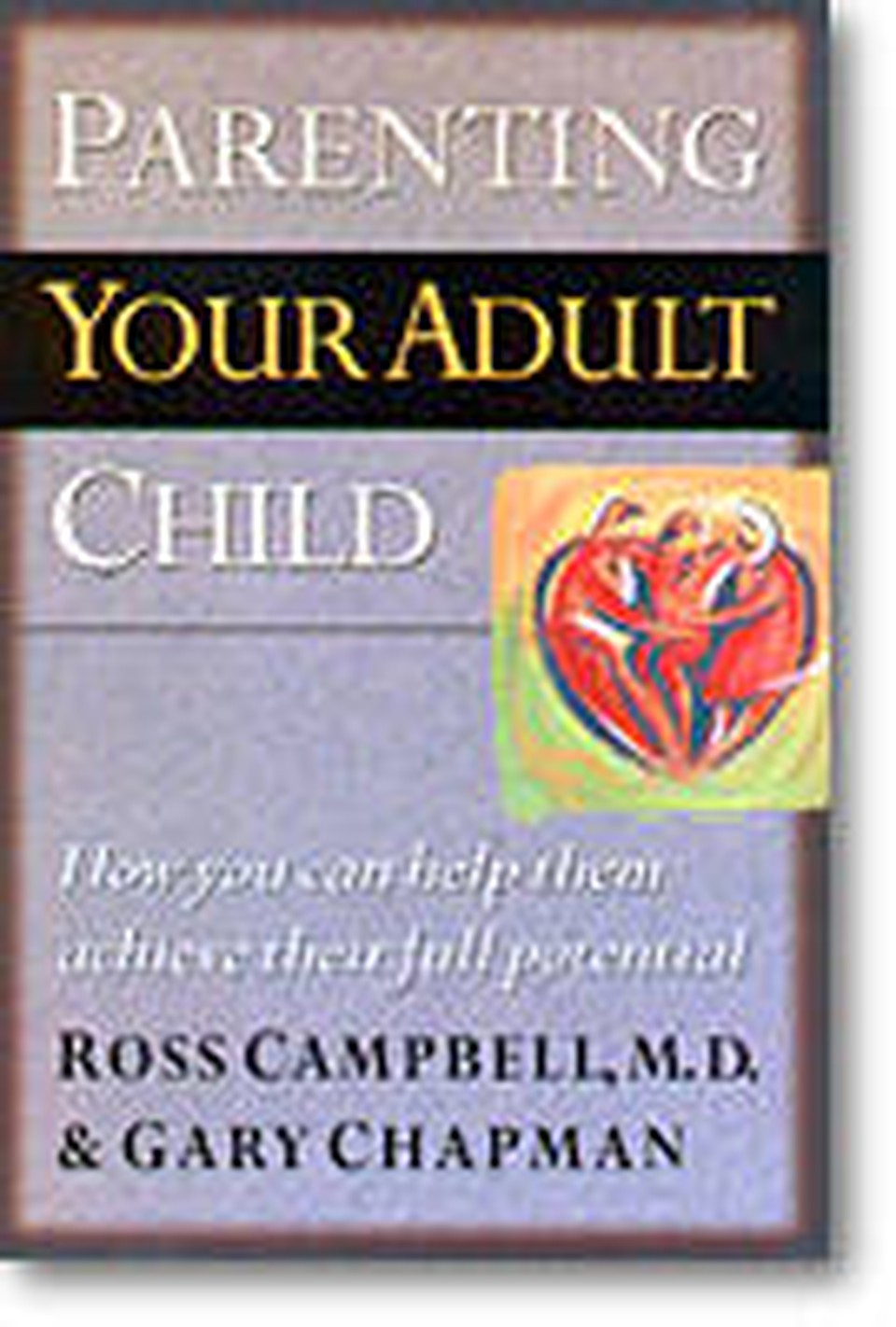Mend your broken relationships

You can't undo the past, but you can come to terms with events or people who may have caused you pain or stress. The anger and hurt can stay with you at some level of consciousness until the day you die, unless you genuinely deal with the people and actions which caused the pain.
How to resolve the hurts of the past:
- Return home. You can return home again, work toward knowing your parents better. Visit your parents and try to understand their upbringing and how that affected the way they raised you. Try to gain a better understanding of their lives outside of the role they had as your parent. If you cannot talk with your parents (because of death or total lack of communication) seek to know them better through an older relative or friend. Deeper understanding and even reconciliation are possible. There are no guarantees, of course, but an open mind and forgiving spirit can pave the way to objectively view your past - and your parents' past.
- Write letters. If geographical distance is a problem, a letter is probably better than a phone call. A letter allows for reflection and time for a reasoned response. The purpose of this is to get in touch with your deep and possibly buried feelings. Putting those feelings on paper makes it easier to see them accurately and deal with them. First, release your negative feelings such as anger, hurt, frustration. Because the letter is not intended to be mailed, you can be fully honest with what you write and you can take all the time you need to process those feelings that may have been suppressed for a long time. Then write another letter to each parent focusing on the positive. You may decide that this set would be appropriate to mail. Such correspondence can be an inexpensive way to communicate when distance, finances, and schedule make a return home impractical.
- Consider forgiveness. Forgiveness of parents for past failures can restore relationships and give you a new freedom to face the future unfettered by the hurt, anger, and bitterness of the past. This means forgiving them and letting go of the hurt. The act of forgiveness seldom takes place instantaneously, though it can. Release your resentments to God. Forgiveness doesn't require confrontation. It is a matter between you and God. The Christian message is simple: we forgive because you have been forgiven. Whether you also confront the parent is an individual matter which should be seriously considered before any action is taken.
Taken from Parenting Your Adult Child by Ross Campbell and Gary Chapman. Copyright (c) 1999 by Ross Campbell and Gary Chapman. Used by permission of Moody Press, Chicago, Ill., 1-800-678-6928.
Ross Campbell, M.D., is the author of How to Really Love Your Child. He has co-authored with Gary Chapman a second book, The Five Love Languages of Children. An associate clinical professor of pediatrics and psychiatry at the University of Tennessee College of Medicine, Ross conducts seminars on parent-child relationships.Gary Chapman, Ph.D., is an author and marriage counselor who conducts marriage seminars throughout the country. His books include Loving Solutions, Toward a Growing Marriage, and Five Signs of a Loving Family.
Originally published December 05, 2001.







